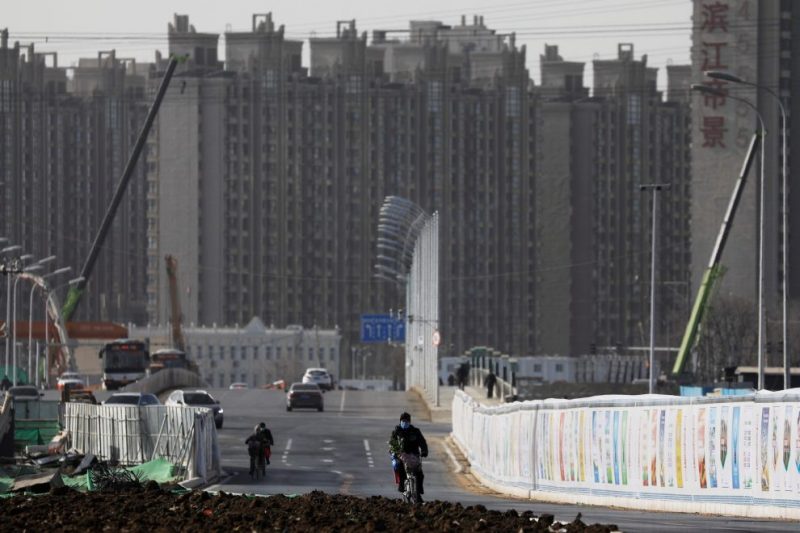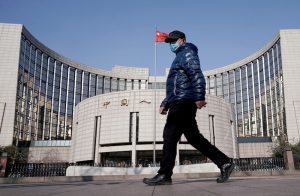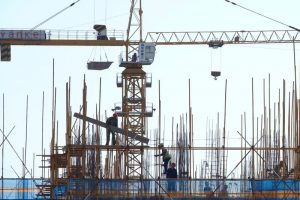Chinese policymakers plan to exclude debt accrued from acquiring distressed assets when calculating property developers’ compliance with the “three red lines”, financial intelligence provider REDD reported on Friday, amid unprecedented stress on the sector.
The “three red lines” policy restricts the amount of new borrowing property developers can raise each year by placing caps on their debt ratios.
Local governments including Shanghai and Guangdong held respective meetings with domestic state-owned developers last week, REDD added.
Policymakers asked the firms in mid-December to acquire assets from 11 private developers with liquidity issues to ease their financial stress.
The three red lines are a liability to asset ratio, excluding advance receipts, of less than 70%; a net gearing ratio of less than 100%; and a ratio of more than 1x in terms of cash to short-term debt.
“If the developers fail to meet one, two, or all of the lines, regulators would then place limits on the extent to which they can grow debt, Hayden Briscoe, head of Asia-Pacific fixed income at UBS, explained.
China’s new three red lines policies for the real estate sector have driven a wave of re-ratings for developers and opened up opportunities for bond investors.
“In short, the policies amount to forced deleveraging to improve financial health for the real estate sector,” Briscoe said.
- Reuters with additional editing by Kevin Hamlin
ALSO READ:
Chinese Banks To See Jump In Bad Property Loans: S&P
China State Council Officials Met Property Developers, Banks
China Property Bonds Sink As More Developers Face Trouble
























